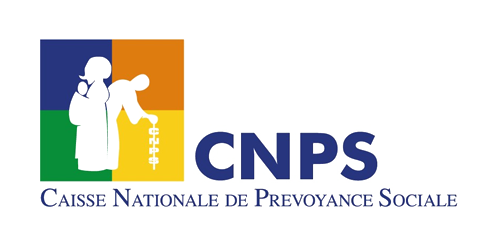
Timetable

 Switzerland
Switzerland

Topic: Vision Zero Proactive Leading Indicators
The Proactive Leading Indicators are offered by the International Social Security Association (ISSA) as a free supplementary tool for every enterprise and organization committed to VISION ZERO, be they advanced or beginner, large or small, local or international. The Proactive Leading Indicators can be used for multiple purposes: improving safety, health and wellbeing, working towards external business relations and supply chains, or for benchmarking purposes. They were developed by sourcing information and evidence from leading VISION ZERO organizations, scientific literature, publications from other reputable sources (e.g. national agencies, industry), and the expertise and experience available in the project team and steering committee. The session will showcase the science behind the indicators, offer practical solutions and provide application examples and results achieved by companies.
Sub chairs


Presentations
Introduction
The Vision Zero Proactive Leading Indicators
Vision Zero at Cementos Progreso
Benchmarking Vision Zero in Côte d’Ivoire
Company examples in Australia
Vision Zero – the African experience
Vision Zero Proactive Leading Indicators and Their Application in the Construction Industry
Break

 Japan
Japan

Topic: Think of Human Factors -Toward the realization of a safe, secure and well-being society
In this Session, human factors about safety, health and happiness will be discussed. In addition, not only these three factors but also well-being at work would be the topic of this session. In this session six authorities of Human Factors would give talks.
A principle of human behavior from a research field called [Behavior analysis] and some examples of experiment using the principle would be introduced. Also, specialists of Human Factors at National Institutes of France and Finland will introduce research outcomes, such as technologies in the transport and logistics sector, and human-focused work practices in nuclear maintenance operations from human side. Then, a chief consultant from venerable Danish consultant company in working environment and management will introduce Proactive Leader Indicator (PLI) leading to worker well-being. In addition, a researcher having background in human geography and cultural anthropology, will show results from explored the fields of social housing relocation projects, peri-urban disaster management, water governance and volumetric urbanism. Our common focus and goal are better, safer, happier lives and higher well-beings of human at work. In the future, it will be necessary not only to prevent accidents and ensure safety, but also to change social systems to directions toward happiness and welfare through a positive cycle such as rewards not punishment. For that reason, research on human factors will become important in the future.
Presentations
Community Engagement and Risk Reduction
Fundamentals of Behavior Based Safety (BBS)
Human factors to renew safety
Task analysis of physical therapist during rehabilitation for a patient wearing exoskeleton - Application of risk assessment in mechanical safety
Powered exoskeleton is beginning to be used to support independent gait in patients with spinal cord injury (SCI). So far, there have been some reports on methodology for walking assistance and usability of the exoskeletons, but the current situation is that measures for occupational safety for therapists themselves have hardly been examined. As the first step of the goal of building a safety checklist for caregivers, behavior of Ohysical Therapist (PT) was observed and analyzed in the present study.























